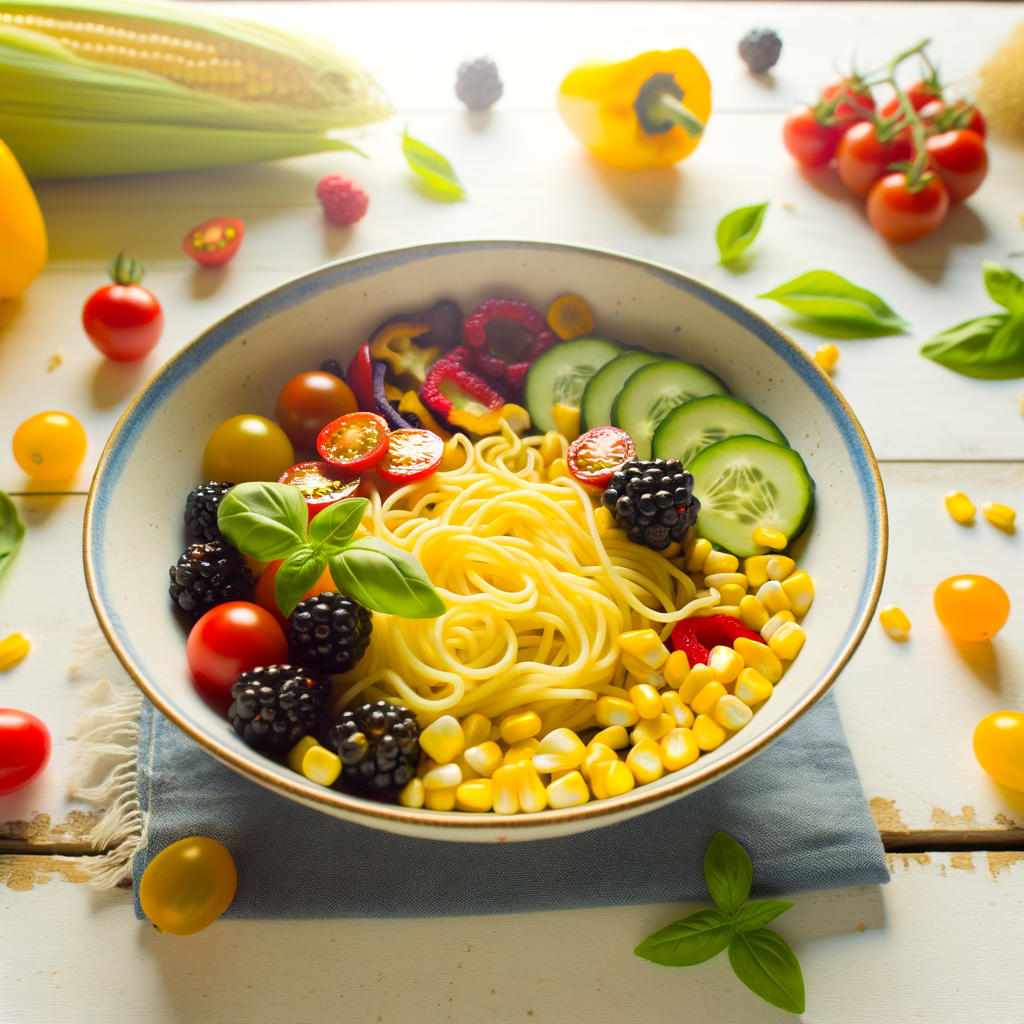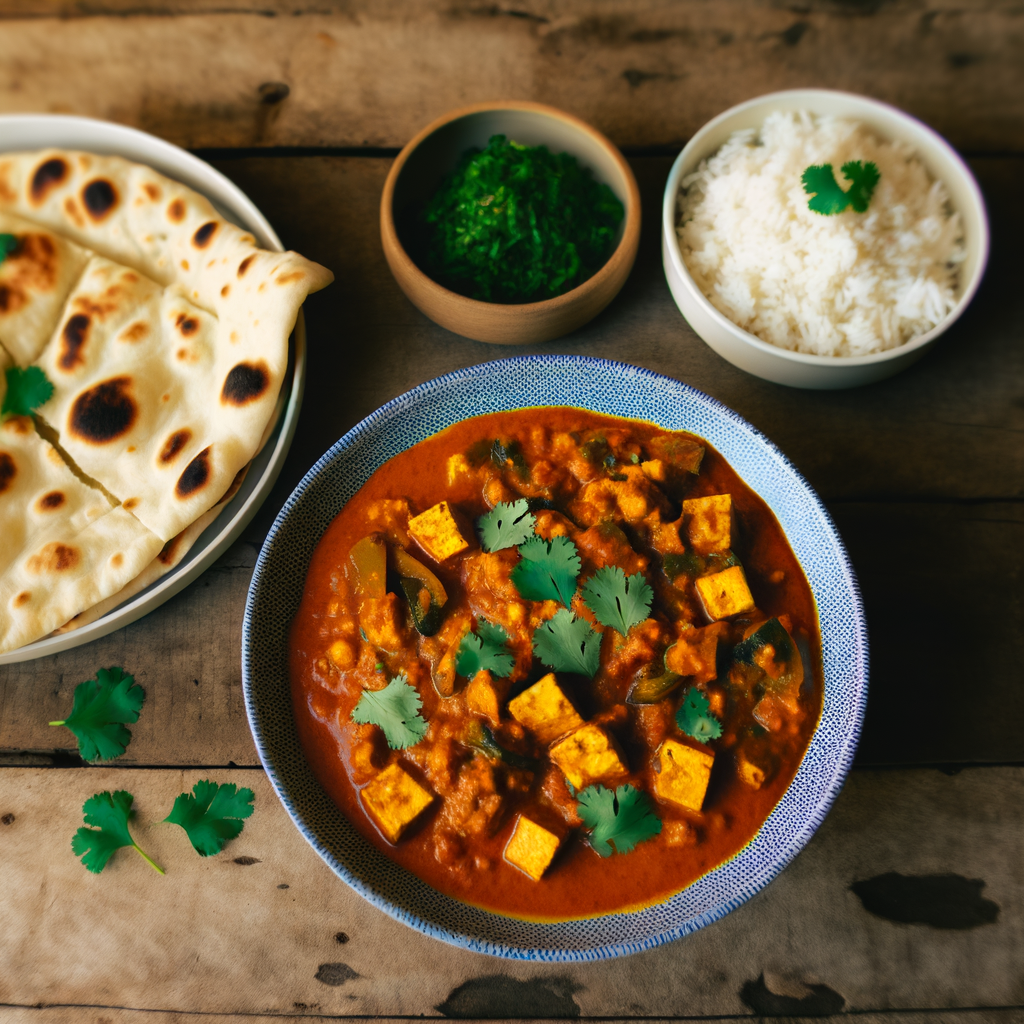Is Veganism the New Cool but Vegetarianism Still Old School?
In a world where dietary habits are rapidly evolving, it’s intriguing to see the shift towards plant-based diets. But how do veganism and vegetarianism stack up against each other in the current age? Let’s delve into the nuances that set them apart, their appeal, and their standing in today’s dietary spectrum.
Understanding Veganism and Vegetarianism
Firstly, it’s crucial to understand the foundational differences between veganism and vegetarianism:
- Vegetarianism: Abstains from meat but may include other animal products like dairy and eggs.
- Veganism: Excludes all animal products, including dairy, eggs, and even honey.
The Veganism Surge: A Modern Phenomenon
The last decade has seen an explosive rise in the adoption of veganism. But why is veganism being labeled as the “new cool”? Several factors contribute to this trend:
- Environmental Impact: With increasing awareness of climate change, more individuals opt for a diet that minimizes their carbon footprint.
- Health Benefits: A plethora of research points to the health benefits associated with a vegan diet, including lower risks of chronic diseases.
- Ethical Reasons: For many, going vegan is a stand against animal cruelty and exploitation.
- Celebrity Endorsement: High-profile endorsements have played a significant role in popularizing veganism.
The Enduring Legacy of Vegetarianism
Despite the growing popularity of veganism, vegetarianism continues to have a vast and loyal follower base. The enduring legacy of vegetarianism is anchored by several factors:
- Cultural and Religious Practices: In many cultures and religions, vegetarianism is a conventional practice, deeply rooted in tradition and values.
- Flexibility: The vegetarian diet allows for a wider variety of foods which can be more appealing and easier to maintain for many individuals.
- Nutritional Balance: Including dairy and eggs can provide a broader range of essential nutrients.
Comparing Nutritional Profiles
Both diets offer unique nutritional benefits:
- Vegan Diet: High in fiber, vitamins C and E, and phytochemicals but may require careful planning to ensure adequate intake of vitamin B12, iron, and omega-3 fatty acids.
- Vegetarian Diet: Generally provides a good balance of protein, vitamins, and minerals naturally through dairy and eggs.
While both diets can be healthful, it’s imperative to maintain a well-balanced approach to nutrition.
The Social Dynamics
Dietary choices often extend beyond personal health to influence social interactions and community dynamics:
- **Veganism**: Often viewed as a more radical choice, appealing particularly to younger demographics who are highly engaged with environmental and ethical issues.
- **Vegetarianism**: Seen as more mainstream and widely accepted, making it easier to integrate into various social settings and cultural practices.
The Market Response
The surge in veganism has also spurred a wave of innovative products and services in the market:
- Plant-Based Alternatives: The rise of plant-based meats, dairy alternatives, and vegan snacks reflects growing consumer demand.
- Restaurants and Cafes: An increase in vegan options on menus, dedicated vegan eateries, and even entire vegan supermarkets.
- Beauty and Fashion: Growing influence extending to cruelty-free and vegan beauty products and clothing lines.
Health Impacts and Considerations
Strengths and Weaknesses
Both vegan and vegetarian diets have their respective health benefits and challenges:
- Pros of Veganism:
- High in antioxidants and fibers
- May help in weight management
- Reduces the risk of certain diseases
- Cons of Veganism:
- Potential nutrient deficiencies (vitamin B12, iron, calcium)
- Higher need for dietary supplements
- Pros of Vegetarianism:
- Balanced diet with necessary nutrients
- Easier to adhere to in various social settings
- Cons of Vegetarianism:
- May not address certain ethical and environmental concerns
- Possibility of overconsumption of dairy or eggs
Conclusion: A Personal Choice
In conclusion, whether veganism is the “new cool” and vegetarianism the “old school” is largely a matter of perspective. Both dietary lifestyles offer significant benefits and come with their challenges. The decision between the two ultimately rests on individual priorities—be it environmental impact, health considerations, ethical beliefs, or cultural practices.
The most critical aspect of any dietary choice is informed decision-making. Understanding the implications of each can help individuals choose a path that aligns best with their personal values and lifestyle. The bottom line? Choose the diet that makes you feel the healthiest and happiest, whether that’s embracing the new wave of veganism or sticking to the time-tested ways of vegetarianism.











